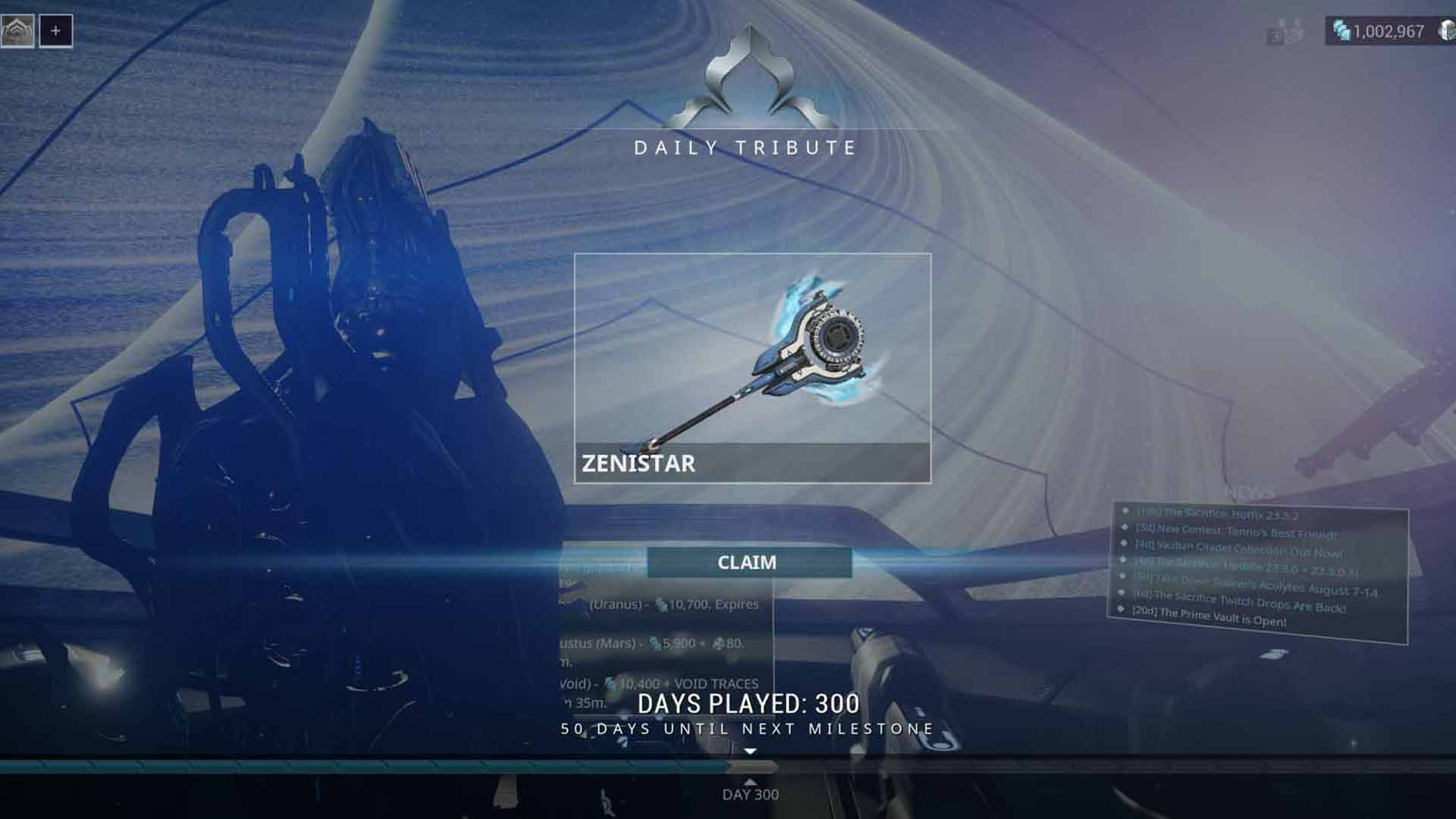Imagine investing in a product with no guarantee it will be ready, no accountability from the company, and no way to recover your money—even if the product is never finished.
For many gamers who pay for early access, this is the reality. While early access and crowdfunding platforms have given rise to incredible games, they have also exposed a lack of protection for consumers.
The Consumer-Developer Relationship
Early access is a funding model for games that are available to play while still in development. Players test for bugs and offer suggestions for developers to add to the final version of the game once it’s released.
While this arrangement is supposed to benefit both gamers and developers, it does has its downsides:
- Many early access games are never finished which cause players to suffer financial loss.
- Developers retain full creative control despite player’s suggesting changes to gameplay, mechanics, etc.
- If a game is delayed, mismanaged, or abandoned, consumers are left with few options for a refund.
The result? A model where developers’ challenges—whether personal, professional, or logistical—are placed on the consumers’ shoulders.
No Accountability for Developers
One of the reasons investing in early access games is so volatile is that there’s no incentive for developers to actually finish their games. There’s no set deadline that needs to be met, and even if there is one, nothing stops developers from pushing back the release date.
As long as people are willing to buy the game and pay for “founders’ packages” that include in-game equipment, currency, or cosmetics, a game can remain in a partially developed state indefinitely. Giving players the option to request a refund until the game is complete could force developers to focus on updating and eventually releasing their game as promised.
Mismanagement and Excuses Are Not the Consumer’s Problem
There are times when developers use personal or professional challenges to explain delays. Common excuses include:
- Setting up a business or managing employees.
- Struggling with mental health or life changes.
- Shifting focus to other ventures, such as streaming.
- Difficulty maintaining a creative vision for the game or motivation to finish it.
While these challenges can have a negative impact, they should not burden consumers. Nobody would want to hear these excuses from an employer failing to pay employees, and they shouldn’t be used to justify an inability to deliver a finished product to paying customers.
Refund Limitations and the Problem of Time
Consumer protections for early access games are minimal at best:
- Steam Refund Policy: Refunds are limited to 14 days and two hours of gameplay. This isn’t long enough for games still in early development.
- Kickstarter Terms of Service: Creators are required to make a “good faith effort” to complete their projects or offer refunds, but enforcement is rare.
- Legal Recourse: In most jurisdictions, pursuing legal action requires proving fraud, which is difficult if delays or abandonment are attributed to unforeseen circumstances.
It doesn’t help that most payment processors, like Mastercard and Visa, limit chargebacks to 90–120 days. While this is normal for regular purchases, it’s inadequate for early access games—where development timelines often span years. For example:
- Star Citizen: This game has been in development for over a decade, with billions raised in crowdfunding. Despite years of delays, backers have no means of getting their money back after 30 days.
- Outdated Payment Information: For projects with long timelines, some players’ payment method may expire, further complicating the process of getting a refund.
When Transparency Makes a Difference
Being transparent about a game’s progress goes a long way, as demonstrated by Fortune’s Run. This early access game has earned positive reviews for its quality and consistent updates. However, its story highlights the complexities of paying for an unfinished game:
- The developer revealed they have been fighting a criminal case for five years and will be going to jail for three years starting next month.
- Before their sentence, they released a massive update to hold players over, showing a commitment to their project and audience.
- Inspired by the developer’s story and transparency, many players are choosing to wait rather than seek refunds.
This example proves that while transparency can foster goodwill, it shouldn’t prevent consumers from demanding refunds if desired. People who supported the game may still feel conflicted, knowing the developer’s absence will affect progress.
Final Thoughts
Games in early access have their pros and cons. It can be a great way to support developers and participate in creating something that will be enjoyed by players around the globe. However, it’s important for platforms like Steam, and Kickstarter to change their policies to make refunds easier for unreleased games.
But it would also be nice if some developers actually finished their games so we could stop having these kinds of conversations.






